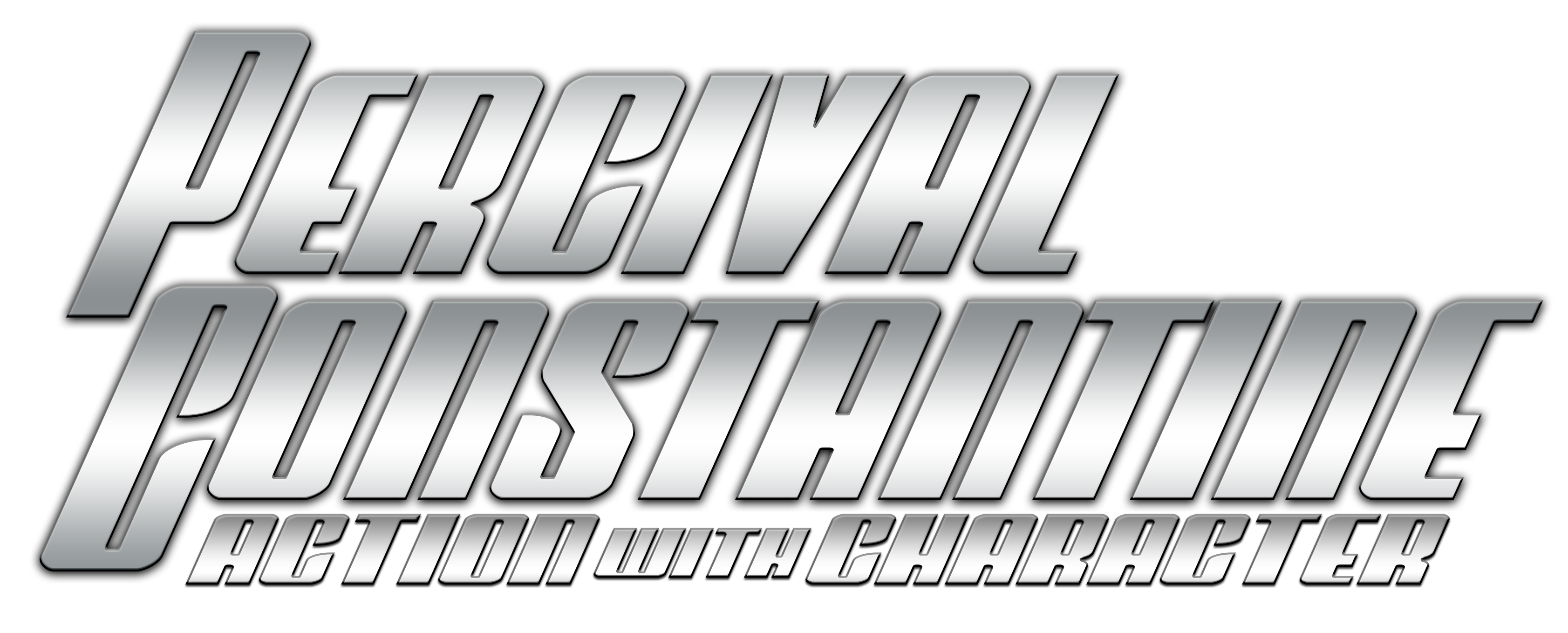 NOTE: I know Chuck Wendig used a similar Peter Quill image in his excellent “Fuck You, Clean Reader: Authorial Consent Matters” post (which you should read), but there’s really no more perfect image to use.
NOTE: I know Chuck Wendig used a similar Peter Quill image in his excellent “Fuck You, Clean Reader: Authorial Consent Matters” post (which you should read), but there’s really no more perfect image to use.
Recently, an app called Clean Reader appeared on the market, selling books with a filter that removes all the “profanity.” I put “profanity” in quotes, because what Clean Reader defines as profanity contains a heavy conservative Christian (and some would convincingly argue) sexist bias. Phrases like “Oh my God!” or “Jesus Christ!’ are considered “profanity” by Clean Reader. As are medical terms like penis, vagina, and anus. And while “penis” is changed to “groin,” “vagina” and “anus” are both changed to “bottom.” Because you know, an anus and a vagina are totally the same thing.
Clean Reader was built by a Christian couple who claim their daughter was upset at having read swears in a book (my guess is they were the ones who were upset, but that’s another story). So they partnered with Page Foundry to produce this app.
And here’s the big problem—Clean Reader acted as a storefront.
Because I distribute my books to Page Foundry, they decided they would also make my books available through Clean Reader. But Page Foundry never contacted me to ask if it’s okay if my books were listed on Clean Reader. They didn’t even send me a notification or give me the choice to opt-out.
Page Foundry and Clean Reader made the decision to list my books without my approval. That’s disrespectful. And borderline illegal.
“But wait! How is this any different from a reader taking a sharpie to your print book?”
That’s the argument some have made in defense of Clean Reader and it doesn’t work for a few reasons.
1. Print books are physical media. Ebooks are digital media. When you buy a print book, you own that physical copy. When you buy an ebook, you don’t own that ebook—you own a license to view the ebook.
2. You can’t sell copies of that censored book without the author’s permission. Sure, you could sell it once, but once you’ve made that sale, you’ve transferred ownership to someone else and can’t sell another copy.
And that’s the big deal—authorial consent, as Chuck discussed in his post. If Clean Reader were simply an after-market app that people could load their ebooks into, I wouldn’t really care. I’d still think it was pretty fucking stupid—it’s not like there’s a shortage of books for conservative Christians—but whatever.
My problem is that Clean Reader sold my books in their store. That gives the impression that I consented to this practice. I do not. And I do not want these people making money off my work.
Imagine if there was the opposite. A filter app that altered Christian fiction to remove all mention of God or Jesus or to replace them with Satan. I imagine the authors of those Christian fiction books—and their fans—would be up in arms. And rightly so.
Page Foundry has since pulled their catalogue from Clean Reader after a massive author backlash. Which is lucky for Clean Reader, because if that didn’t happen, they might have gotten slapped with a lawsuit.
Don’t like profanity in your books, then don’t read books with profanity. Don’t like books that take your god’s name in vain, then don’t read those books. There are millions of books available in the world. If you don’t like mine, find ones that you do. Expecting books to be changed so they fit your worldview is stupid, narrow-minded, and arrogant.

